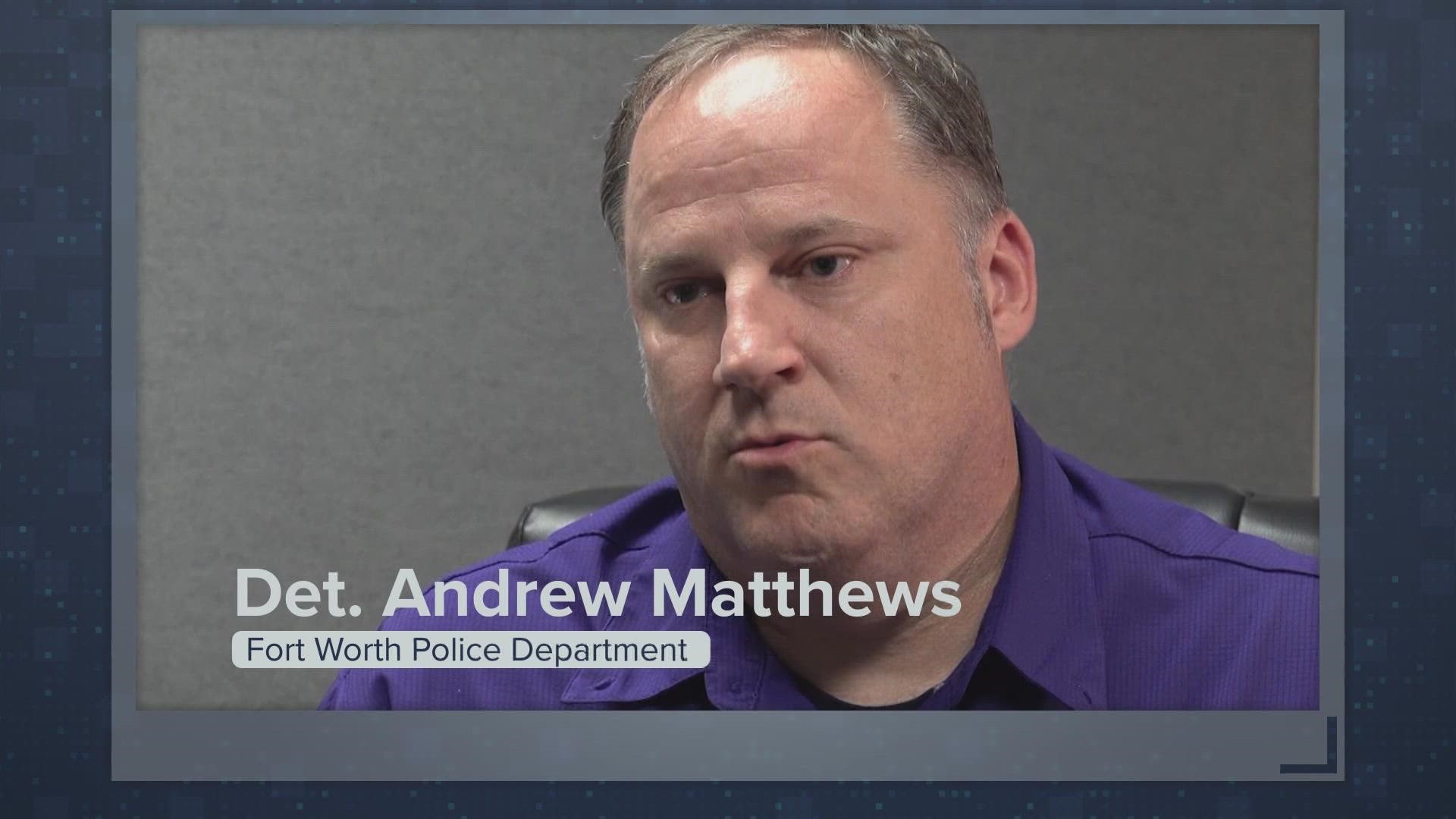The numbers are eye-opening.
A Center for Cyber Safety and Education survey found that 40% of kids in grades 4-8 had connected or chatted with a stranger online. Of those kids, 53% had shared their phone number; 21% spoke over the phone; and 11% said they met a stranger in person.
Whereas “stranger danger” used to only apply to people a child might encounter in the real world, today’s digital parents now have to worry about the billions of strangers a kid online has access to at their fingertips.
“I often tell parents to think of it like a park,” says Sarah Gardner, the vice president of external affairs at Thorn, a non-profit working to keep kids safe from sex abuse. “The park can be a really fun place for your kids to go play and connect with other kids. But you also wouldn’t want your kid wandering off with an adult they’ve never met before. So you have to imagine that there are both kids and adults in these online environments.”
Chat functionality is embedded in so many aspects of our online lives. Social media features direct messaging. There are scores of instant messaging and chat apps. And many video games offer features where users can directly – and privately – communicate with others.
This all contributes to a world where children are increasingly comfortable meeting strangers online, often seeing them merely as friends they haven’t made yet. Which is why parents need to be aware – and diligent.
“The internet has created life for the better in so many ways, but it has created new ways to harm and exploit,” said Callahan Walsh, Executive Director of the National Center for Missing & Exploited Children (NCMEC). “Children and parents need to be aware of that when you have a child who has a device, whether it’s a tablet or a phone.”
While the vast majority of online interactions are safe, the consequences of those that aren’t can be severe. It can be as simple as online scammers trying to get personal information from a child. Or those looking to get a kid to share compromising photos that can later be used for online blackmail. Even worse are predators attempting to lure children away from their parents.
These risks underscore the need to work on awareness with children early and often.
“As soon as their child starts asking for a cell phone,” said detective Andrew Matthews with the Fort Worth Police Department. “Or as soon as they start getting on any kind of electronic device that connects to the Internet.”
Matthews also cautioned that just because a kid might not get online at home, that doesn’t mean they don’t have access to connected devices at a friend’s house or school. Which is why experts say it’s never too early to start having these discussions.
“It’s how are you best preparing your kid for those worlds, but also building that trust with them so that they will come to you when something goes wrong,” Gardner said.
In addition to using parental controls and being upfront about monitoring a kid’s web usage, Gardner recommends her company Thorn’s web-based parental resources. They include education about online risks, age-specific strategies, and discussion guides with conversation starters to help parents get the ball rolling.
And Walsh touted the free information available on the NCMEC website, including NetSmartz and KidSmartz, their online child safety programs. There kids can watch instructional videos and even take quizzes to make sure they’re aware of how to keep themselves safe while online.
“You should have these conversations about being safe,” he said, “but make sure they’re ongoing because the conversation you have with your youngest child about online safety is a vastly different conversation than you’re having with your teen about online safety.”
And if all else fails and parents find that their kid has engaged in a questionable conversation online, Matthews said parents shouldn’t be afraid to get the authorities involved.
“Call 911,” he said. “We’re here to protect people and try to prevent serious crimes from happening to somebody.”
Ultimately, the experts reminded today’s digital parents that the tools they learned as kids won’t always work today. This adult generation didn’t grow up with a smartphone and a camera in their hand, so it requires new strategies, extra awareness and plenty of communication between parents and their children to help keep everyone safe.
“We’re living in a different era,” Walsh said. “And because of that parents need to be aware and be safeguarding their children against these dangers.”
More stories from Marc Istook:

